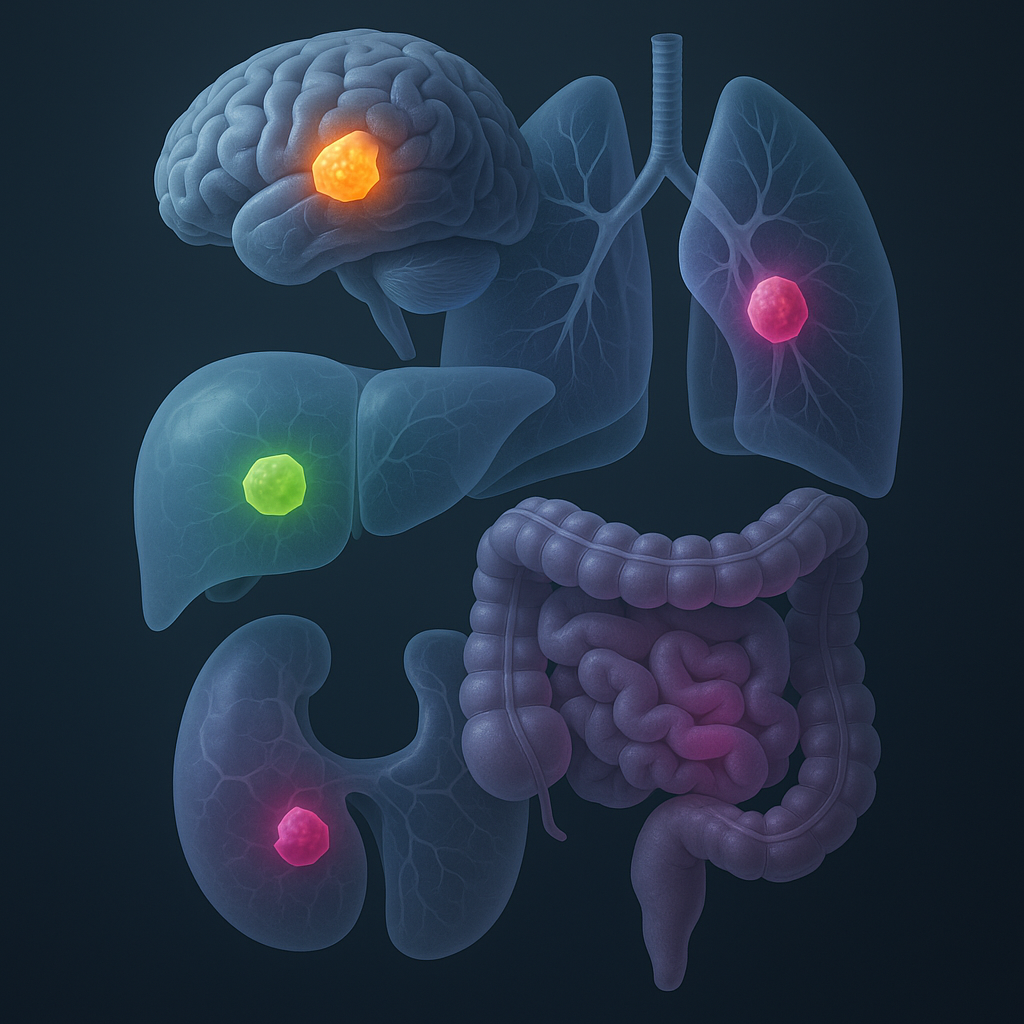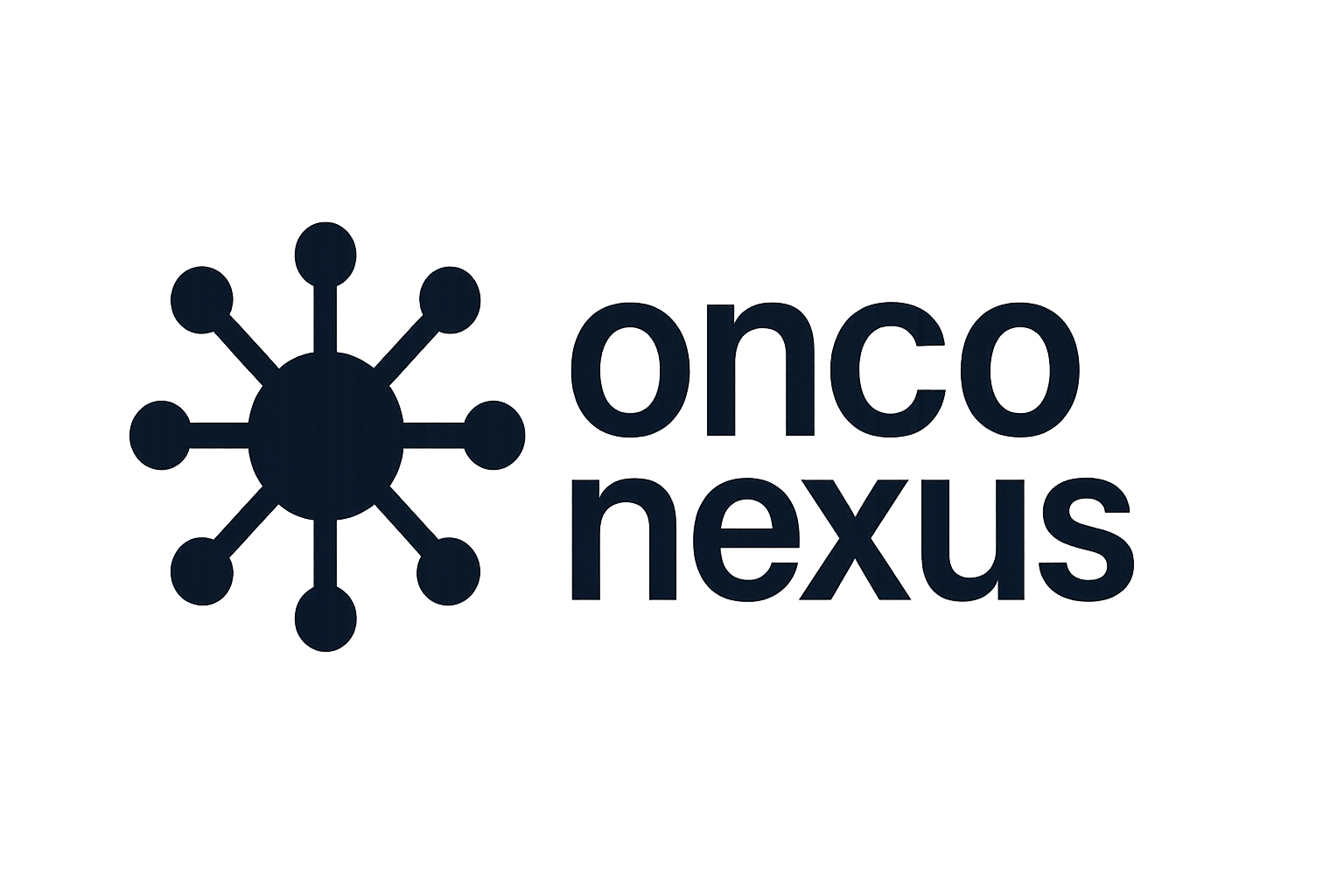

Ideaya Biosciences presented promising early-stage data across three cancer drug candidates, with darovasertib showing 76% tumor shrinkage rates in uveal melanoma and IDE849 achieving 58% response rates in small cell lung cancer. The MAT2A inhibitor IDE397 demonstrated up to 57% response rates when combined with Trodelvy in bladder cancer patients with specific genetic alterations.

Study Design & Population
- Darovasertib (uveal melanoma): Phase 2 study in 20+ patients with primary uveal melanoma receiving neoadjuvant treatment before plaque brachytherapy
- IDE849 (lung cancer): Phase 1 first-in-human study in 87 patients with DLL3-upregulated small cell lung cancer (SCLC) who progressed after first-line treatment
- IDE397 combo (bladder cancer): Phase 1/2 trial in 19 urothelial cancer patients with MTAP deletions, testing two different dosing regimens
Key Findings
- Darovasertib: 76% of patients achieved ≥20% tumor shrinkage; nearly half reduced radiation dose by ≥20%; 13 patients showed vision improvements averaging 6 letters
- IDE849: 58% confirmed response rate at 2.4 mg/kg dose (48% across all higher dose cohorts); global Phase 3 trial recently initiated
- IDE397 combination: Low-dose regimen achieved 33% response rate with 100% disease control; high-dose regimen reached 57% response rate with 71% disease control
Clinical Implications
- Darovasertib data support ongoing Phase 3 OptimUM-10 trial design targeting 20% reduction in vision loss
- IDE849 faces competitive landscape with similar DLL3-targeting ADCs but shows comparable efficacy to existing candidates
- IDE397 combination represents potential first treatment option for MTAP-deleted solid tumors, currently lacking FDA-approved therapies
- Company targeting ≥40% confirmed response rate with >6 months durability for final IDE397 regimen selection
Limitations
- Early-stage data with small patient populations across all three studies
- IDE849: Higher rates of grade 3+ hematologic toxicities (27% white blood cell decrease, 33% neutrophil decrease) compared to competitors
- Darovasertib: Four patients experienced grade 3+ adverse events; Phase 3 efficacy threshold challenging
- IDE397: Limited follow-up data on durability; regimen selection still pending



